How can I get my Kid to “Behave” Without Having to Yell and Bribe? My answer: Positive Discipline by Kristen Ancker M.S. Ed.
I learned about Positive Discipline out of necessity. I thought I would be good at this “job” of being a parent.
I thought since I had so many years of experience being a Montessori educator, being a parent would be easy and my kids would just “follow suit”.
Whoa, was I in for a rude awakening!
I know people always say it, and I know you can’t prepare to be a parent, you really don’t know what it’s like until you’re in it. For me it’s been a lot of on the job training.
I’m far from the perfect parent but I do have many ideas, tools and have learned from my mistakes (from my experience of being a mom of three and working with parents and teachers for the past 20 years).
I love to share my passion and knowledge with parents and care givers to help to make this “job” a little more enjoyable.
I remember when my eldest was three (she’s now 11) and we were getting ready to walk into the grocery store with my infant in tow and I was telling her, “Okay honey, we’re going into the store and I want you to behave.” She said back to me, “Mommy, I don’t want to behave, I want to be Maggie”.
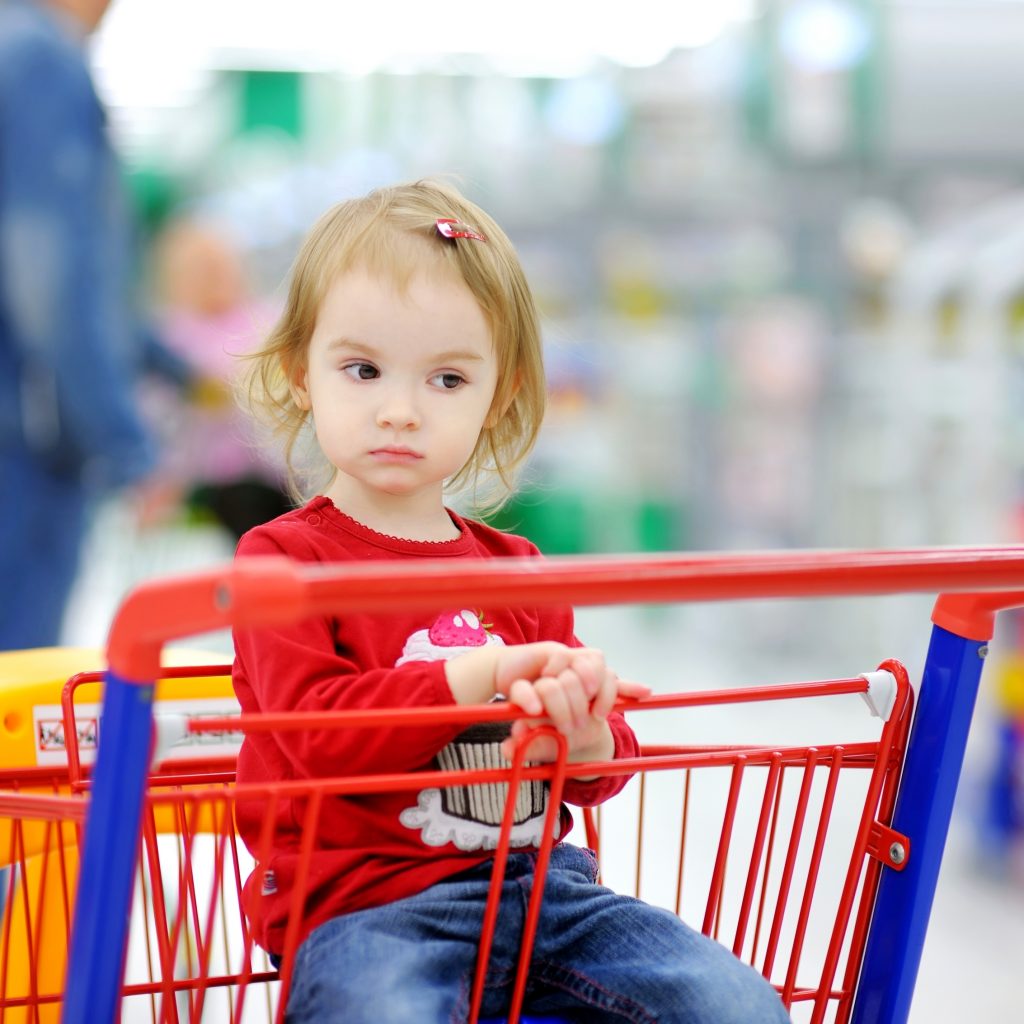
Yes, you be Maggie, I’ll try to behave.
I still had a lot to learn (and I continue to learn daily from my kids). I trained to be a Positive Discipline facilitator to not only help parents but to help myself (and most importantly help my kids).
Positive Discipline is based on the work of Alfred Adler and Rudolf Dreikurs, two Viennese psychologists who were considered by some to be the founding fathers of what is now Positive Psychology. My mentors, Jane Nelson and Lynn Lott used their work to write and develop the Positive Discipline curriculum.
They wrote several books to help parents at each stage of development, because as you know, once you think you have it figured out…your child enters a new developmental stage and what once worked…. doesn’t.
I work with parents one on one and in group settings to teach these invaluable communication skills and discipline techniques to help parents to better understand their children. What is your child thinking, feeling and deciding during times of conflict?
I help parents to understand that the “behavior” we see is actually just the tip of the iceberg and what we really need to understand is their “belief” behind the behavior.
The main idea is that ALL children and ALL human beings have an integral need and that is to feel like they belong, and they are significant. I explain to my parents in my workshops that this looks like love (unconditional love) and power (autonomy and purpose).
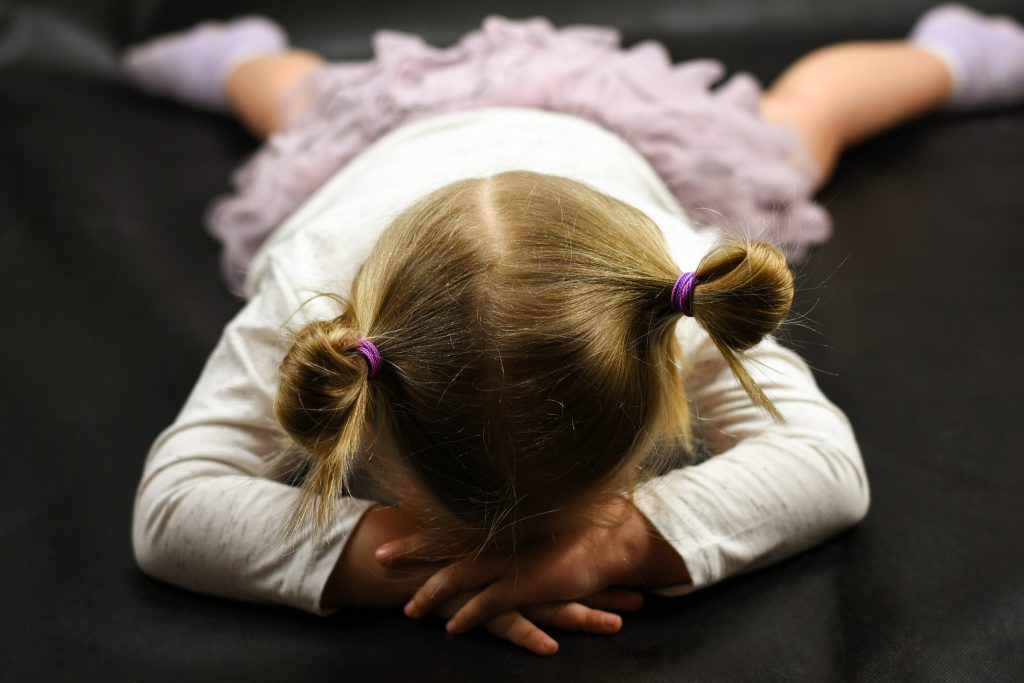
When a child doesn’t feel this love or sense of power, they misbehave.
When our kids misbehave, we need to be the detective and not see the misbehavior as “bad” or “wrong” but rather our child just misinterpreting their situation and needing our help.
Children are excellent observers but don’t always perceive the situation as we do.
Our kids’ brains are still developing so they simply don’t have the mature pre-frontal cortex to differentiate among conflicting thoughts, determine good and bad, future consequences, or have social “control” (and many other executive functions).
We, however, do have a mature pre-frontal cortex so we need to take the high road and be the role model our kid needs during a difficult situation.
As I said before, we need to be that detective and help them to manage their emotions, name their feelings and to problem solve. They are not going to learn this overnight.
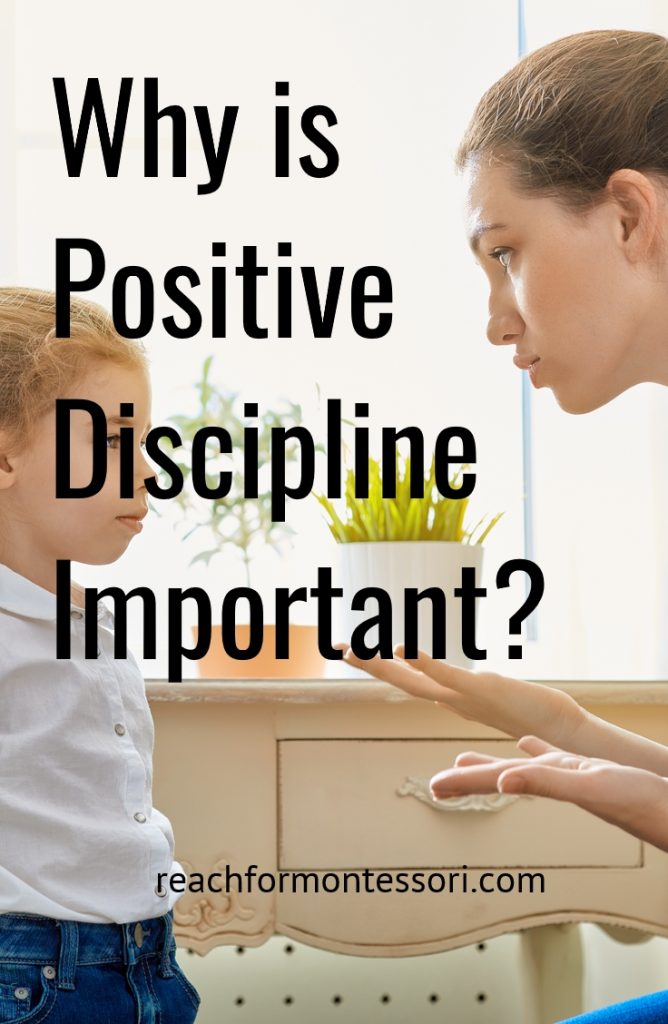
This will take many mistakes until they get it right. And many of us probably know many adults who aren’t always the most well-behaved during times of stress and conflict.
So…what to do? It takes time and patience, but some qualities of Positive Discipline are very simple and so effective but so damn hard to do when we just want to yell, bribe, tear our hair out, or revert to old pattern behavior (why do I sound like my mom?).
Yes, many times our pre-frontal cortex gets hijacked and we sound like our parents because that is what our brain does. Sometimes it’s important to treat ourselves with kindness to the difficult job we have.
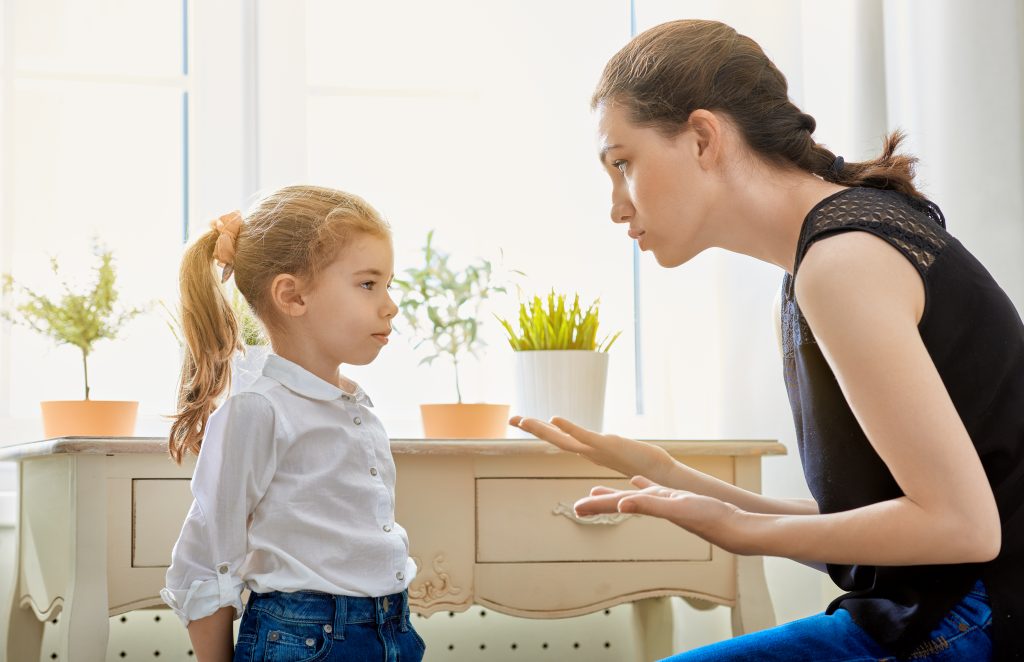
We are all just trying our best. I also like to remind my parents that it’s only 3 out of 10 times we need to try to use some of these skills.
We’re going to make a lot of mistakes too along the way and that’s okay. Believe me, I’ve made many mistakes and said things I regret and my kids always forgive me.
They can be so incredibly understanding!
All people deserve dignity and respect and Positive Discipline is a program designed to help children feel a sense of connection, capability, contribution, and compassionate respect for self and others.
I am trained to teach parents to focus on solutions, “What can we do to solve this problem?” which instills self-discipline, cooperation, respect and problem solving in our kids.
If we can understand that the primary goal of all children (and adults) is to feel a secure attachment, a sense of power and unconditional love, a sense of belonging and significance and if children don’t feel this “sense” (maybe during times of stress when they feel shamed, blamed or put down) they will find a mistaken way to get that feeling back.
BUT kids are terrible at interpreting these perceptions because their brains are not fully developed and their pre-frontal cortex (lots of executive functioning skills that we use to thrive) will NOT be developed until the age of 25.
SO…we need to be curious about our kids “bad” behavior and really see it as an opportunity to teach our kids something new. We need to develop some inner self-discipline ourselves and learn some new skills in social and emotional learning.
I call my parents “Encouragement Consultants” when they are done with my Parent Empowerment Program. I train parents to encourage their children with effective communication skills that build self-esteem, resiliency and courage.
I’m trying to teach my three kids “HOW” to think not “WHAT” to think.
Punishment makes children pay for their mistakes; I believe that mistakes are just opportunities for learning. What can we do together to find a solution?
This is not permissive parenting; I don’t let my kids do whatever they want. I am clear with my expectations, consistent with my rules and lenient with my power.
I want my kids to feel a sense of autonomy, find their purpose in this world and be successful in whatever it is they want to do.
There are 5 questions we can ask ourselves with our discipline with our kids.
- Is it respectful? (Kind and Firm at the same time)
- Does it help children feel belonging and significance?
- Is it effective long-term?
- Does it teach valuable social and life skills for good character?
- Does it invite Autonomy
I love the last one, that’s where the Montessori piece comes in. I love helping parents to design their home environment in a way that fosters independence, develops fine and gross motor skills and concentration.
I love watching my kids PLAY and getting lost in their stories. I love to help families to create spaces in their homes for their kids to develop these creative and imaginative gifts they will take with them forever.
Childhood is short, we have a tough job, I am so happy to support you on this journey. I hope to share more insight on bringing Positive Discipline and Montessori into your homes.
Parenting is an art, it gets messy, but it can be a lot of fun if we can enjoy these precious moments with our kids. When we can think of discipline as what it is; teaching, instruction, education
Not punishment.
As Jane Nelson would say, “Where did we get the crazy idea that in order to make children do better, first we have to make them feel worse?” it doesn’t make sense does it?
I believe that people do better when they feel better. I’m all about teaching parents how to do that.
For more insight, visit www.kristenancker.com
I hope you have gained some insight!
Cheers, and don't forget to subscribe!
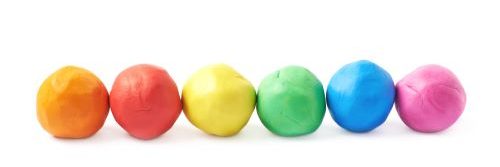
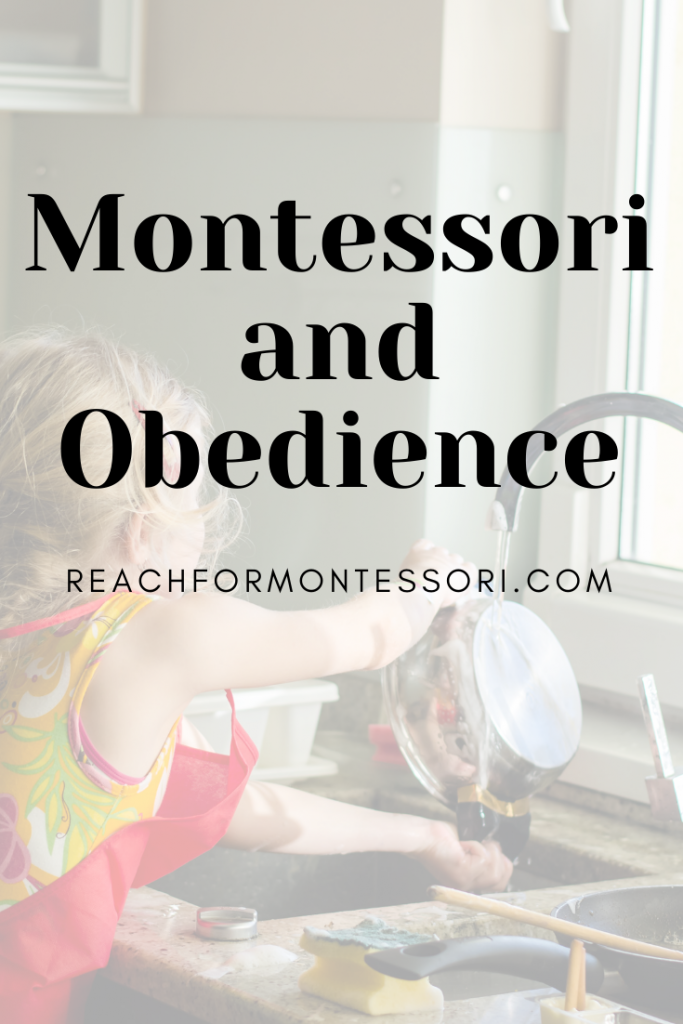
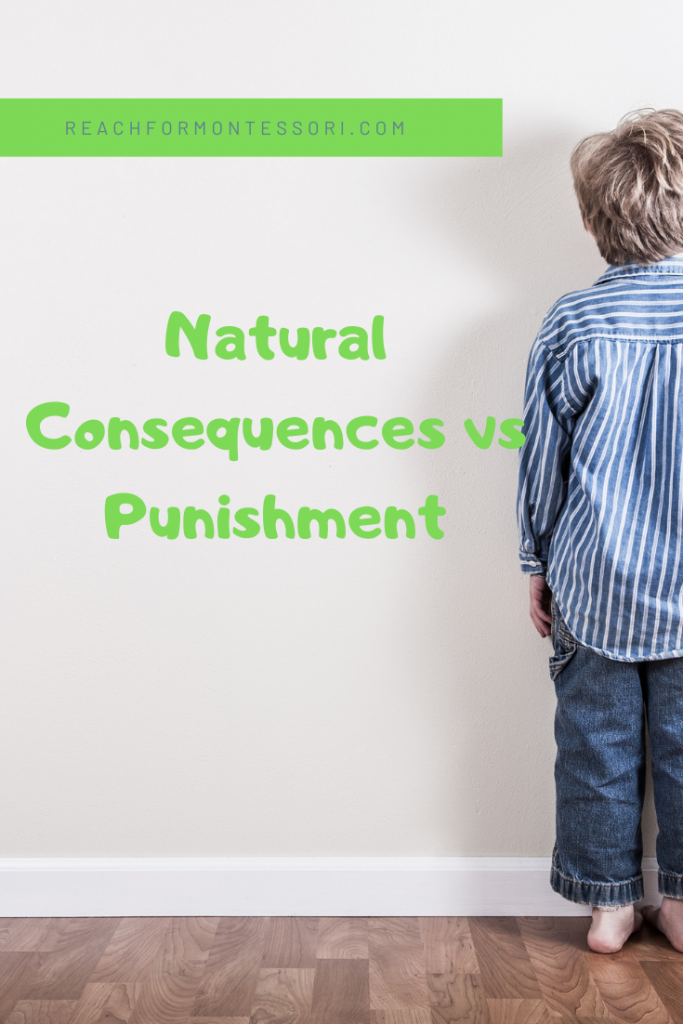
A wonderful article that I have shared. How did I make my child love to read:
https://bit.ly/2VxFhqh
Positive Discipline helps children to manage their emotions and not feel belittled. They learn ways to feel better.